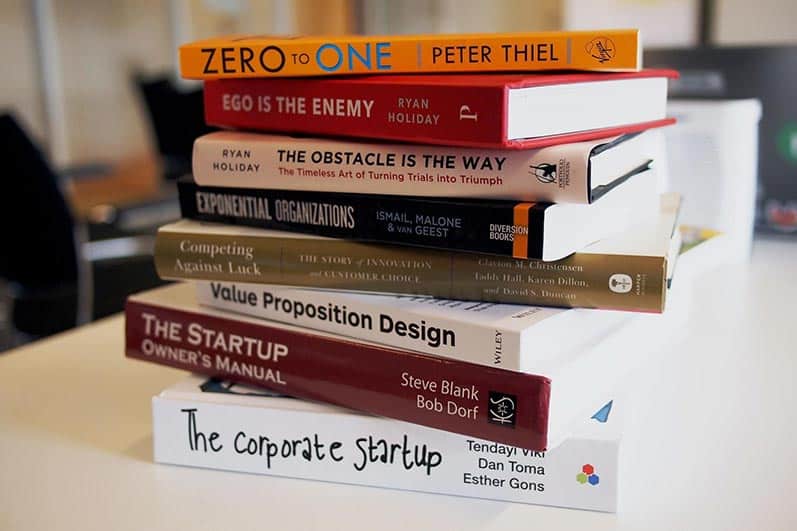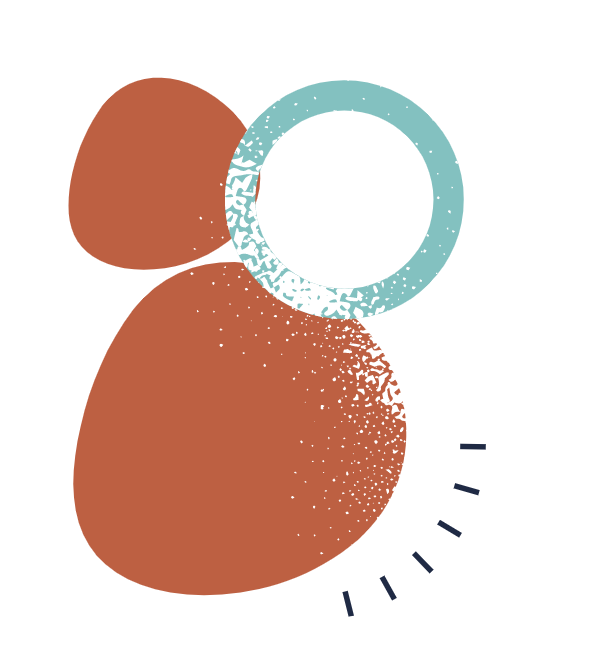Categories:
Self-Publishing Vs. Traditional Publishing: Which is Better?

Any publishing decision shouldn’t be made lightly. When deciding between self-publishing and traditional publishing, it’s essential to look at both sides carefully and weigh out what will work best for you and your book in the short and long run. While complete creative freedom and a lack of deadlines in self-publishing or hiring a company sound great at first, the upfront costs and risk of never recovering that money looms on the horizon.
But with traditional publishing, the process can be overwhelmingly frustrating with constant rejections, querying agents, and trying to find a publishing house that will print your book. So self-publishing or traditional publishing: which is better? Let’s dive in.
What Is Self Publishing?
There are two main ways to go with self-publishing. You can cut corners and get your book finished for zero dollars using free publishing tools or hire some professional freelancers along the way, such as editors and designers. That would be complete self-publishing. The other method is to hire a company like Palmetto Publishing and invest in professionals which will save you loads of time and help you release a polished product, with industry experience and know-how. This does cost a little more upfront, but it can give your book an edge it may not have had the other way.
The advantages of self-publishing include working at your own pace, releasing a product that is 100% curated by yourself, and higher royalties on your work. Unfortunately, the average self-published book doesn’t get as much buzz as a book published traditionally, which makes marketing super important and time-costly. To see all of the pros and cons and see if self publishing is right for you, check out our complete guide to self publishing.

What Is Better Traditional Or Self Publishing?
With traditional publishing, there are more barriers. Authors have to undergo a process called querying to get their manuscript in the hands of agents or publishers and wait for acceptance or rejection. There is good in the bad, though: if an author is getting dozens of rejections, there may be a logical reason for it that they can use to improve their work.
After all, these folks are going to invest in you and your work, and they generally know what they can sell. As much as we love to romanticize the life of an author, publishing is a business. When your book is picked up by a traditional publisher, you give up some control over the book, but the reward is a book that will sell. And selling the book isn’t going to cost you a fortune or require you to come up with your own book publishing marketing strategies.

Either Way, Palmetto Publishing Can Help
The last tip before jumping into the waters of decision-making: You don’t need to decide before you even get the words down, and you don’t have to keep your words a secret! You can post a couple of chapters online and enjoy the process of writing your story before getting into all of this. It won’t be a barrier to traditional publishing.
In some cases, it’s led to it, as with Jen Campbell’s Weird Things Customers Say in Bookstores, which started as a blog. So don’t stress it. Be patient and do what’s right for you. Contact Palmetto Publishing to get started with whichever route you decide!
Related Articles

Blog
Different Types of Book Genres
Stroll down the aisles of your local bookstore or library, and you’ll find books neatly sorted into dozens of genres like fantasy, romance, and…

Blog
7 Steps to Writing a Great Book Proposal
So you wrote a book — now what? Writing a manuscript is a huge accomplishment, of which you should be proud. However, now that…

Blog
Self-Publishing vs. Traditional Publishing
Publishing a book might feel daunting. From editing to book layout and cover design, it’s a long journey. But it’s a journey every author…

